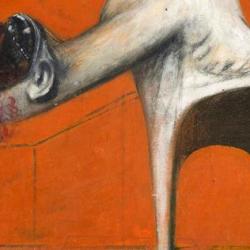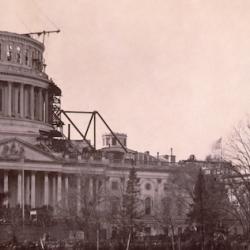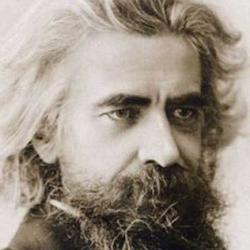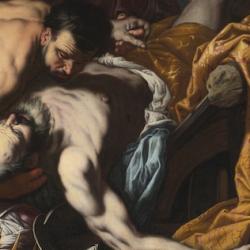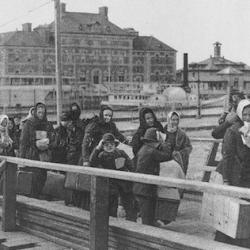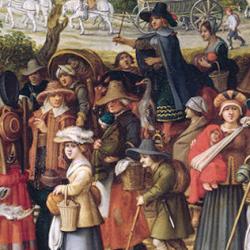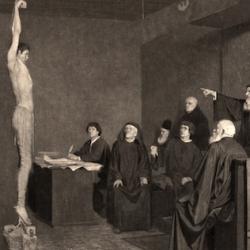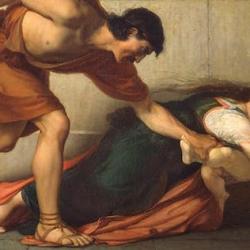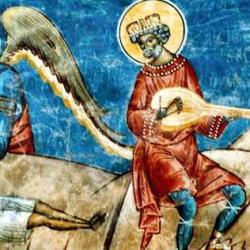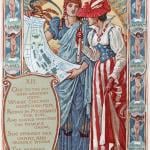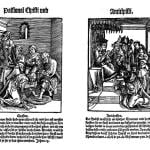Materialism is “good news,” according to Stephen Greenblatt, since it shows us the truth of “human insignificance” and dispels enchantment. We’re liberated from sacred boundaries to do what we like. Rusty Reno, who quotes this from Greenblatt (Resurrecting the Idea of a Christian Society, 148) considers this a bit of naively class-based cheeriness: “What Greenblatt fails to see is that this gospel is for the rich and powerful – professors at Harvard, for example. As materialism disenchants, the norms by... Read more

